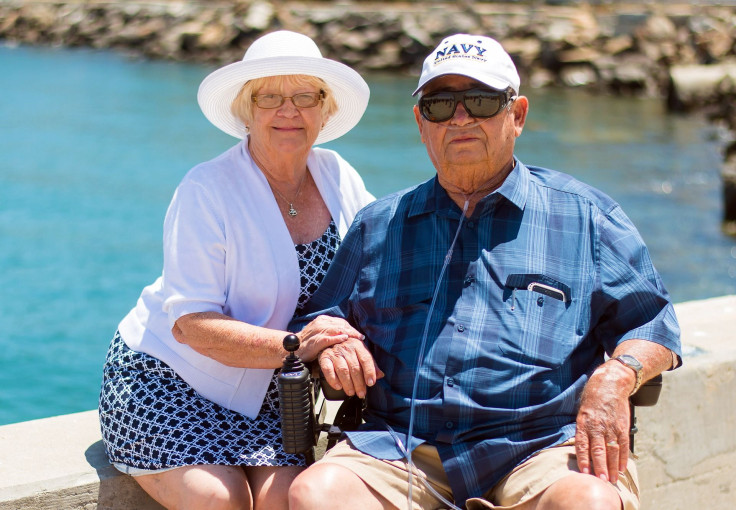Coronavirus: Older Adults Fared Emotionally Better During Pandemic

KEY POINTS
- COVID-19 pandemic has taken a toll on people's emotional health
- But a new study says older adults are less stressed and threatened
- Remote positive experiences can help mitigate distress during the pandemic
Amid the COVID-19 pandemic, mental health problems are on the rise. But a new study says senior citizens fared emotionally better than young adults and the middle-aged.
Psychologists at the University of British Columbia, Canada, who collected daily diary data between mid-March and mid-April, found that older adults had better emotional health and felt less stressed and threatened by the coronavirus pandemic, MedicalXpress reported.
"Our findings provide new evidence that older adults are emotionally resilient despite public discourse often portraying their vulnerability. We also found that younger adults are at greater risk for loneliness and psychological distress during the pandemic," said Patrick Klaiber, the study’s lead author and a graduate student in the UBC department of psychology.
Previous studies have pointed out that old age was associated with greater emotional well-being and decreased reactivity to stressors. But it wasn’t clear if age-related advantages in emotional health are maintained during the pandemic as well. Thus, the researchers sought to examine age differences in exposure and how they reacted to daily stressors and positive events during the early COVID-19 outbreak.
As many as 776 adults from the U.S. and Canada, in the age group 18 to 91, completed nightly surveys for one week which included questions pertaining to daily stressors, positive events and how it affected them.
Here’s what they found:
- Younger individuals had more concerns about the threat of the pandemic
- Younger adults also had more non-COVID-19 daily stressors including those related to work, relationships, working from home, parenting and unemployment
- Being older and wiser makes senior citizens who also face COVID-19-related stressors possess more coping skills to deal with
- Older adults and middle-aged people who indulged in remote positive social interactions had higher positive emotions compared to younger adults
"While positive events led to increases in positive emotions for all three age groups, younger adults had the least positive events but also benefited the most from them. This is a good reminder for younger adults to create more opportunities for physically-distanced or remote positive experiences as a way of mitigating distress during the pandemic," Klaiber added.
The study was published in the Journal of Gerontology: Psychological Sciences.
© Copyright IBTimes 2025. All rights reserved.






















